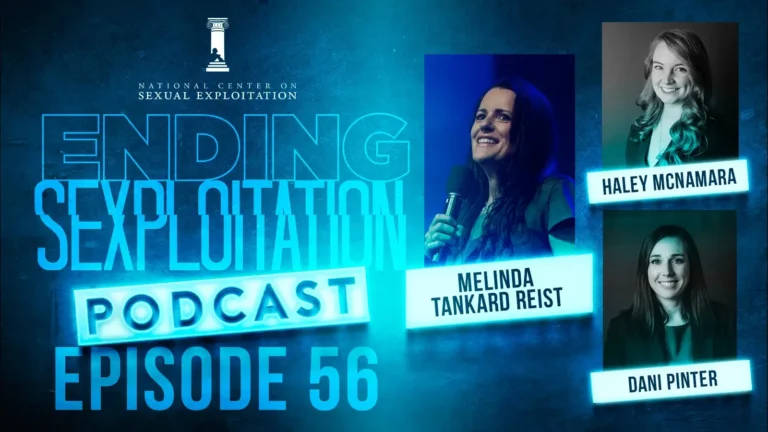Originally Published at AL.com
By Melea Stephens, LPC, MMFT
Despite what people often assume, hardcore pornography is legal obscenity and is not protected free speech, however, our federal obscenity laws are not currently being enforced, leaving our community vulnerable to its often-devastating effects.
The Alabama Resolution to Declare Pornography a Public Health Crisis is a critical piece of legislation and it has passed with nearly unanimous bipartisan support in 15 other states.
Research backs up my own experiences. Numerous neuroscience-based studies have revealed the potentially harmful effects of pornography on the brain, in particular, the developing brain of children and adolescents. Today’s mainstream pornography is no longer the softcore centerfold of past decades but is child-, incest-, and rape-themed, hardcore, violent, highly degrading material. Exposing a child to this material can have traumatic effects and is tantamount to a form of child sexual abuse.
Today’s hardcore pornography is also driving the demand for trafficked women and children. Internet pornography is shown to normalize the notion that women are sex objects to be used and men are users. Over 35 studies link pornography use to “un-egalitarian attitudes” toward women and sexist views. As Internet forums for people struggling with pornography addiction attest, pornography use can escalate to fetishes and compulsive sexual behaviors such as purchasing prostituted women or children for sex. Buying people for sex fuels the commercial sex trade, and is the reason why sex trafficking exists.



